Signs You Need Brake Repair
If you notice your brakes squealing or grinding, a spongy brake pedal, or your car pulling to one side when braking, these are clear indicators that your brake system may need immediate attention. Timely brake repairs ensure safe driving conditions and prevent more costly damage to your vehicle.
Are Worn Out Brakes Dangerous?
Worn out brakes can significantly increase your vehicle’s stopping distance, leading to a higher risk of accidents. Failing to maintain your brakes can result in loss of control, especially in wet or icy conditions, posing serious safety threats to both the driver and others on the road.
Neglected brake maintenance impacts overall vehicle performance. You may experience decreased responsiveness, vibrations, or even total brake failure. Regular inspections and maintenance are essential to ensure your brakes are always in optimal condition.
Brake Replacement
Brake replacement is a critical maintenance task that ensures your vehicle stops effectively and safely. Over time, brake pads and rotors wear down from use, requiring replacement to maintain optimal braking performance.
Services Included:
- Complete brakes inspection
- Brake pad or brake shoe replacement
- Brake / hydraulic fluid (level and condition)
- Brake light diagnosis
Opening Hours
- Monday
- Tuesday
- Wednesday
- Thursday
- Friday
- Saturday
- Sunday
- 09:30- 6:30
- 09:30- 6:30
- 09:30- 6:30
- 09:30- 6:30
- 09:30- 6:30
- 09:30- 6:30
- We're Closed


Key Benefits of the Service
Taking your car in for regular service help you in ensuring everything is working properly and also to avoid such issues before they arise.
- Specialized services, customized to your needs
- 100% environmentally friendly chemicals
- Trustworthy, reliable and timely services
- We supply all car equipment and solutions
Increase Safety
Regular break inspection will keep you safe
Money Saving
Find issues before repair become expensive
Frequently Asked Questions
We recommend having your brakes inspected at least once a year or every 12,000 miles, whichever comes first. More frequent checks may be necessary if you frequently drive in heavy traffic or harsh conditions.
Signs that your brakes may need attention include a squealing or grinding noise when braking, longer stopping distances, the brake pedal feeling spongy or soft, and the car pulling to one side when braking.
Our comprehensive brake services include inspecting the brake pads, discs, and calipers, replacing worn components, checking the brake fluid levels and condition, and testing the system to ensure proper function and safety.

